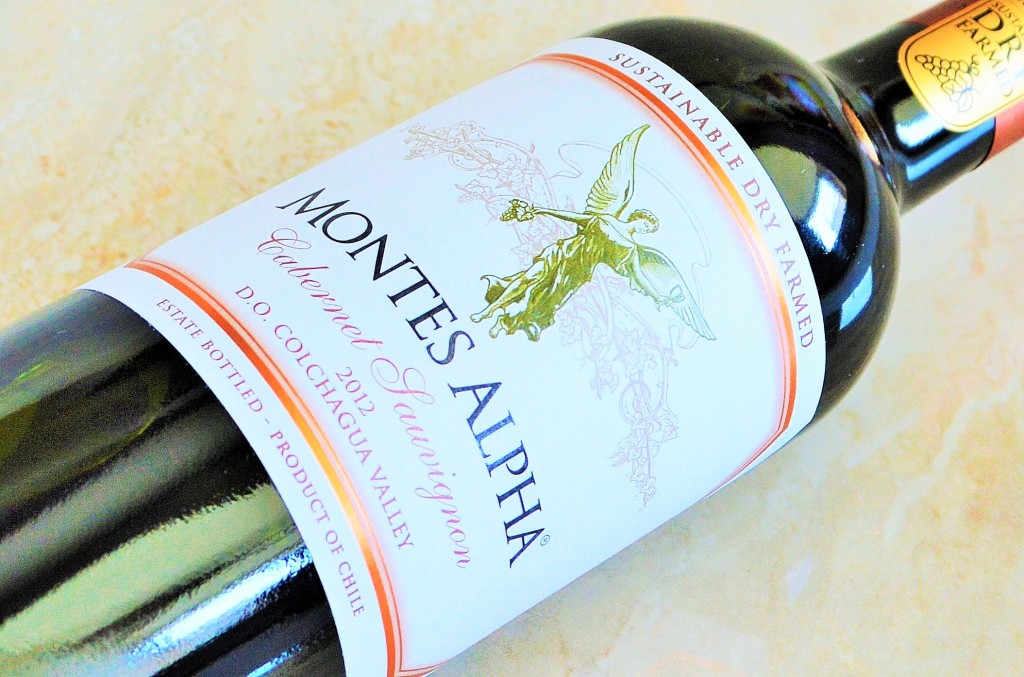
Having worked in a logistics company that specialized in importing wine into BC and now taking a Wine Science elective, I’ve been inspired to take this chance to explore the sustainability trends within this industry. To my surprise, there’s are many in-depth research on making viticulture and vineyard management practices more sustainable. Consumers don’t always see that reflected on shelves. Certification for “sustainable” wines, if any, often have to compete for space on cramped labels with vineyard name, geographical classification, grape varietal, designation classification and huge paragraphs in the back describing aromas and flavors. A trend that may not be hitting Canadian liquor stores yet, but definitely more prominent in the European old world are labels like “sustainable”, “biodynamic” and “organic”. According to David Suzuki, certified organic wine cannot use toxic pesticides, herbicides or synthetic fertilizers to grow grapes and neither will the winery be able use GMO yeast, which is conventional in traditional winemaking. Biodynamic is a farming technique that uses a vineyard’s natural resource to grow grapes without pesticides, fungicides etc and usually biodynamic vineyard often meets or exceeds the organic certification. “Sustainable” wines still vary in meaning depending on third-party certifications but it generally it means that the vineyard takes extra steps to minimize environmental impact.

For many, it comes down to the taste. One of the leading wineries that’s progressively implemented sustainable practices is Montes Vineyard, located in Colchagua, Chile. Having tried a Montes Cabernet Sauvignon from Wine Science class, I know it’s a good wine that has received many awards and recognitions worldwide. In 2011, Montes received its first National Wine Industry Sustainability Code Certification, which evaluates producers on three areas including: vineyards, winery and social development. Curious, I dug a little deeper into their sustainability page.
Montes is really looking at the entire lifecycle of their products. From growing practices, harvesting, fermenting, to bottling, they’ve come up with something to minimize their environmental impact. Starting with the basics, Monte vineyards are drip irrigated which reduced 25% of water usage in their Marchigue plant. Water savings can be difficult to achieve especially in Mediterranean climates where Montes is located, which is characterized by hot dry summers and cool rainy winters. Pomace (grape skins and seeds leftover from winemaking) is applied back to the vineyards to improve soil structure and reduce inorganic fertilizers by 30%. Montes uses grazing animals like llamas and sheep to reduce weeds which resulted in a 40% savings in herbicides usage in 2013. And finally up to 45% of bottles used were from recycled materials. Montes is currently A-level certified from their annual GRI report.
From a marketing standpoint, Monte’s dry farming technique (using wood bark to cover soil and use of short canopies) not only helps them save water, but allows them to create higher quality wines. The lack of irrigation reduces cluster size of grapes and yield from 10 tons/ hectare to 6. Smaller yields in general allow the fruit and aroma concentration is higher.
While this seems to be another example of producers using sustainable marketing to differentiate themselves, very soon we’ll see a greater shift towards sustainably produced wine. An example closer to home is the Californian wine industry. Evaluated at $16.5 billion five years ago, a study from Stanford University shows that the industry could shrink by 50% due to temperature increase. It wasn’t too long ago that water was an issue during Californian droughts put the entire agriculture hotspot in a hard time.

3 responses to “Cheers to Sustainability: Montes Wines”